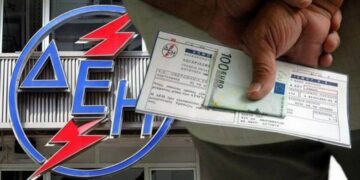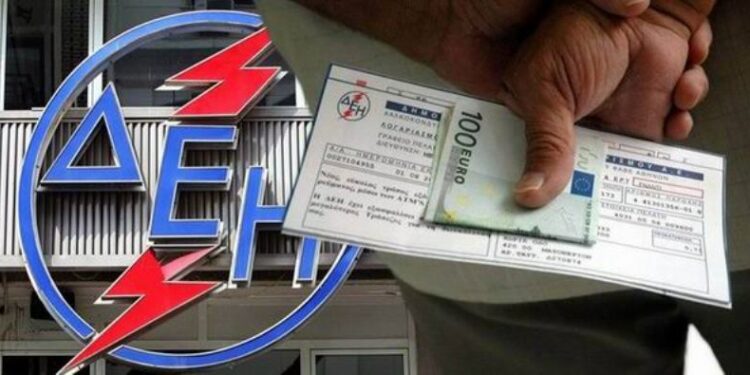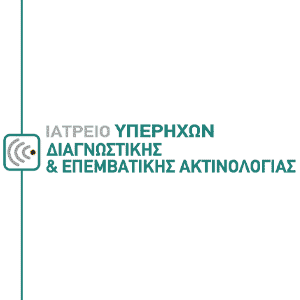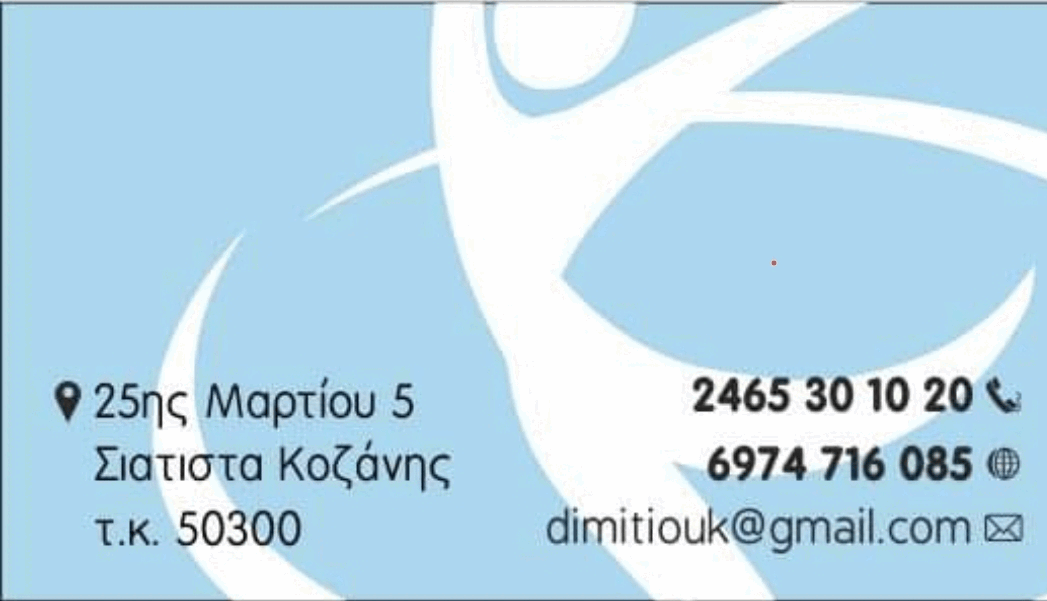Στην επιδότηση «παγίων δαπανών» επιχειρήσεων που κατέγραψαν σημαντικές ζημίες το 2020 θα προχωρήσει εντός του Μαρτίου η κυβέρνηση. Το εργαλείο θα είναι απολύτως στοχευμένο και θα βοηθήσει κυρίως τις μικρομεσαίες επιχειρήσεις να αντιμετωπίσουν τις παρενέργειες του κορονοϊού και να μην κλείσουν.
Το υπουργείο Οικονομικών προχώρησε ήδη στην προ-κοινοποίηση του νέου καθεστώτος -με τη σχετική διάταξη- στην DG Comp, ώστε να ακολουθήσει η συζήτηση, σε συνέχεια των διερευνητικών επαφών που έχουν γίνει ως τώρα. Το imerisia.gr δίνει απαντήσεις για τους δικαιούχους, τις δηλώσεις δαπανών και τη διαδικασία που θα ακολουθηθεί.
1. Ποιες δαπάνες θα καλύπτονται με την κρατική ενίσχυση;
Δαπάνες που θα καλυφθούν είναι εκείνες πραγματοποίησαν οι επιχειρήσεις κατά τη διάρκεια της επιλέξιμης περιόδου, οι οποίες δεν καλύπτονται ούτε από τα κέρδη ,που ενδεχομένως είχαν ,ούτε από άλλες πηγές, όπως ασφάλιση, αλλά και προσωρινά μέτρα ενίσχυσης ή στήριξη από άλλες πηγές. Πρόκειται για δαπάνες μισθοδοσίας (στον βαθμό που δεν καλύπτονται από άλλα μέτρα στήριξης, όπως είναι τα προγράμματα που έχει θέσει σε εφαρμογή η κυβέρνηση κατά τη διάρκεια της πανδημίας), λογαριασμούς ΔΕΚΟ (ρεύμα, νερό, τηλέφωνο), ενοίκια και άλλα λειτουργικά έξοδα μιας επιχείρησης.
2. Ποιοι θα είναι δικαιούχοι της ενίσχυσης;
Θα είναι κυρίως επιχειρήσεις που:
- ανήκουν στους άμεσα πληττόμενους κλάδους της ελληνικής οικονομίας,
- παρουσιάζουν μείωση τζίρου κατά τουλάχιστον 30% το 2020 σε σχέση με την προηγούμενη χρονιά, όπως μέχρι σήμερα καταγράφεται στα ευρωπαϊκά κείμενα,
- καταγράφουν σημαντική ζημιά κατά το προηγούμενο έτος -σύμφωνα με τα προβλεπόμενα στο Προσωρινό Πλαίσιο-, λαμβάνοντας υπόψη και τη στήριξη που έχουν λάβει μέχρι τώρα, και
- απασχολούν εργαζόμενους.
3. Ποια χρονική περίοδο αφορά η επιδότηση;
Η επιδότηση θα αφορά δαπάνες που πραγματοποίησαν οι πληττόμενες επιχειρήσεις από τον Μάρτιο του 2020, τον πρώτο μήνα που η χώρα μπήκε σε καθεστώς καραντίνας μέχρι και τον Ιούνιο του 2021.
4. Ποιο θα είναι το ύψος της ενίσχυσης;
Η ενίσχυση δεν θα υπερβαίνει το 70 % των μη καλυπτόμενων πάγιων δαπανών, με εξαίρεση τις μικρές και πολύ μικρές επιχειρήσεις, όπου η ένταση ενίσχυσης δεν υπερβαίνει το 90 % των μη καλυπτόμενων πάγιων δαπανών. H EE παρέχει τη δυνατότητα το ανώτερο ποσό που μπορεί να φτάσει η επιδότηση να είναι τα 10 εκατομμύρια ευρώ αλλά θα εξαρτηθεί από τις δημοσιονομικές δυνατότητες της χώρας.
5. Οι επιχειρήσεις θα κληθούν να επιστρέψουν την ενίσχυση που θα λάβουν;
Όπως ανέφερε ο υπουργός Οικονομικών στη Βουλή, η συγκεκριμένη ενίσχυση θα είναι στοχευμένη ως προς την αξιοποίηση, και θα επιδιωχθεί να μην είναι επιστρεπτέα.
6. Πώς θα δηλώνονται οι δαπάνες;
Στην ηλεκτρονική πλατφόρμα mybusinesssupport της ΑΑΔΕ οι επιχειρήσεις που ολοκλήρωσαν τη χρήση του 2020 με ζημίες θα κληθούν να δηλώσουν τις πάγιες δαπάνες τους, προκειμένου μετά από τη σχετική επεξεργασία να προκύψει το ποσό των δαπανών της επιχείρησης.
7. Εάν μία πληττόμενη επιχείρηση έχει λάβει άλλης μορφής κρατική ενίσχυση κατά τη διάρκεια της πανδημίας, πώς θα αντιμετωπίζεται;
Οι επιδοτήσεις που έλαβαν οι επιχειρήσεις θα συνυπολογίζονται ,προκειμένου να προκύψει το τελικό ποσό ενίσχυσης που θα δικαιούται η επιχείρηση. Δεν θα σωρεύονται, όμως και έτσι θα δίνεται η δυνατότητα σε επιχειρήσεις που είχαν «φτάσει» στα όρια που έχουν τεθεί από το Προσωρινό Πλαίσιο, να λάβουν ενίσχυση, στο πλαίσιο της πανδημίας, πέραν αυτών.
8. Ποια διαδικασία θα ακολουθείται;
Από το άθροισμα των πάγιων δαπανών που έχει μια επιχείρηση από την άνοιξη του 2020 έως και τον Ιούνιο του 2021 ,θα αφαιρούνται τα ποσά που έχουν δοθεί από άλλα χρηματοδοτικά εργαλεία. Στη συνέχεια θα πραγματοποιείται ο σχετικός υπολογισμός και εάν προκύπτει ότι οι δαπάνες δεν καλύπτονται ,τότε η επιχείρηση θα επιδοτείται για τη ζημία που έχει υποστεί. Σε διαφορετική περίπτωση ήτοι εάν τα ποσά που έχει λάβει καλύπτουν τις πάγιες δαπάνες της, δεν θα λαμβάνει καμία ενίσχυση.
9. Μπορεί να ενισχυθούν και προβληματικές επιχειρήσεις;
Η ενίσχυση δεν μπορεί να χορηγείται σε επιχειρήσεις που ήταν ήδη προβληματικές κατά την 31η Δεκεμβρίου 2019. Κατ’ εξαίρεση, μπορούν να χορηγηθούν ενισχύσεις σε πολύ μικρές ή μικρές επιχειρήσεις, που ήταν ήδη προβληματικές στις 31 Δεκεμβρίου 2019, υπό την προϋπόθεση ότι δεν υπάγονται σε συλλογική διαδικασία αφερεγγυότητας βάσει του εθνικού δικαίου και δεν έχουν λάβει ενίσχυση διάσωσης ή ενίσχυση αναδιάρθρωσης.
10. Πότε θα τεθεί σε εφαρμογή το νέο εργαλείο κρατικής στήριξης;
Προγραμματίζεται εντός Φεβρουαρίου να έχει ολοκληρωθεί το σχετικό θεσμικό πλαίσιο σε συνεργασία με την Ευρωπαϊκή Επιτροπή, ώστε στη συνέχεια οι επιχειρήσεις να κληθούν να καταχωρήσουν τα σχετικά δεδομένα και τις απαραίτητες πληροφορίες για τον υπολογισμό του ποσού των παγίων δαπανών, όπως αυτές θα προσδιοριστούν από το Υπουργείο Οικονομικών.
Πηγή:imerisia.gr





























